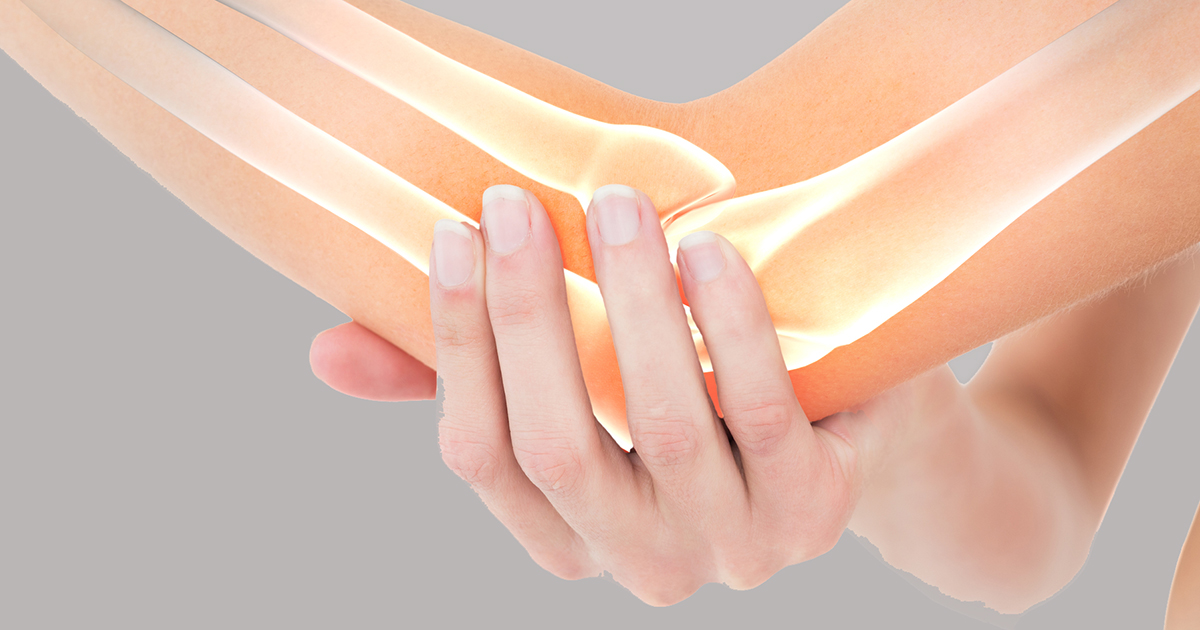Warning Signs Of Erdheim-Chester Disease
Erdheim-Chester disease is a very rare disease that causes the immune system to overproduce histiocytes, resulting in an accumulation of the cells in the organs and other tissues. The disease affects many parts of the body including the long bones, skin, eyes, brain, heart, and kidneys. The cause of Erdheim-Chester disease is not known, but research indicates a gene mutation may be to blame. There is currently no known cure for Erdheim-Chester disease and treatment varies, depending on the patient's symptoms.
Bone Pain

Individuals with Erdheim-Chester disease typically have bone pain. More specifically, pain in the bones tends to be localized in the arms and legs. Although rare, the pain can extend to other areas of the body as well, such as the lower jaw and spinal column. As Erdheim-Chester disease advances and the accumulation of histiocytes increases, the body responds by increasing bone density. Pain in the bones is typically dull and can feel as though it is located deep within the bone. For most, pain typically begins in the legs and may be accompanied by fever, muscle aches, weakness, and fatigue.
Rapid, Involuntary Eye Movement

In rare cases, Erdheim-Chester disease may also affect the brain stem and cerebellum, which are responsible for the coordination of balance, movement, and posture. The damage often results in individuals experiencing rapid, involuntary eye movement, called nystagmus. Depending on the severity of the patient's condition, physicians may employ different methods to treat the involuntary eye movement.
For minor nystagmus, a change in or the addition of glasses or contacts may be advised. While it won't cure the nystagmus itself, it can help correct other vision issues that may make it worse. For more progressed nystagmus, physicians may suggest surgical intervention.
